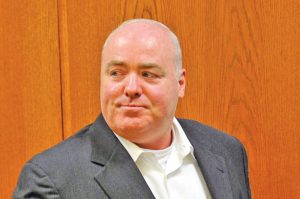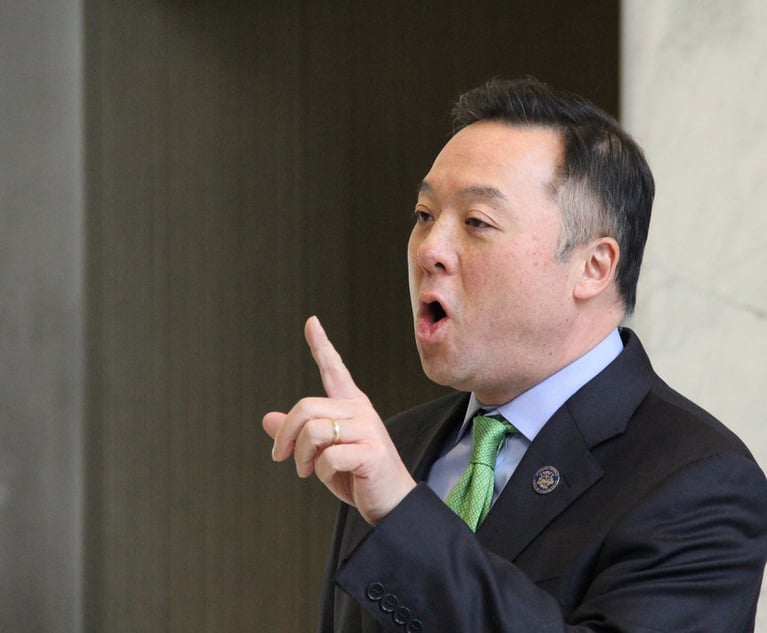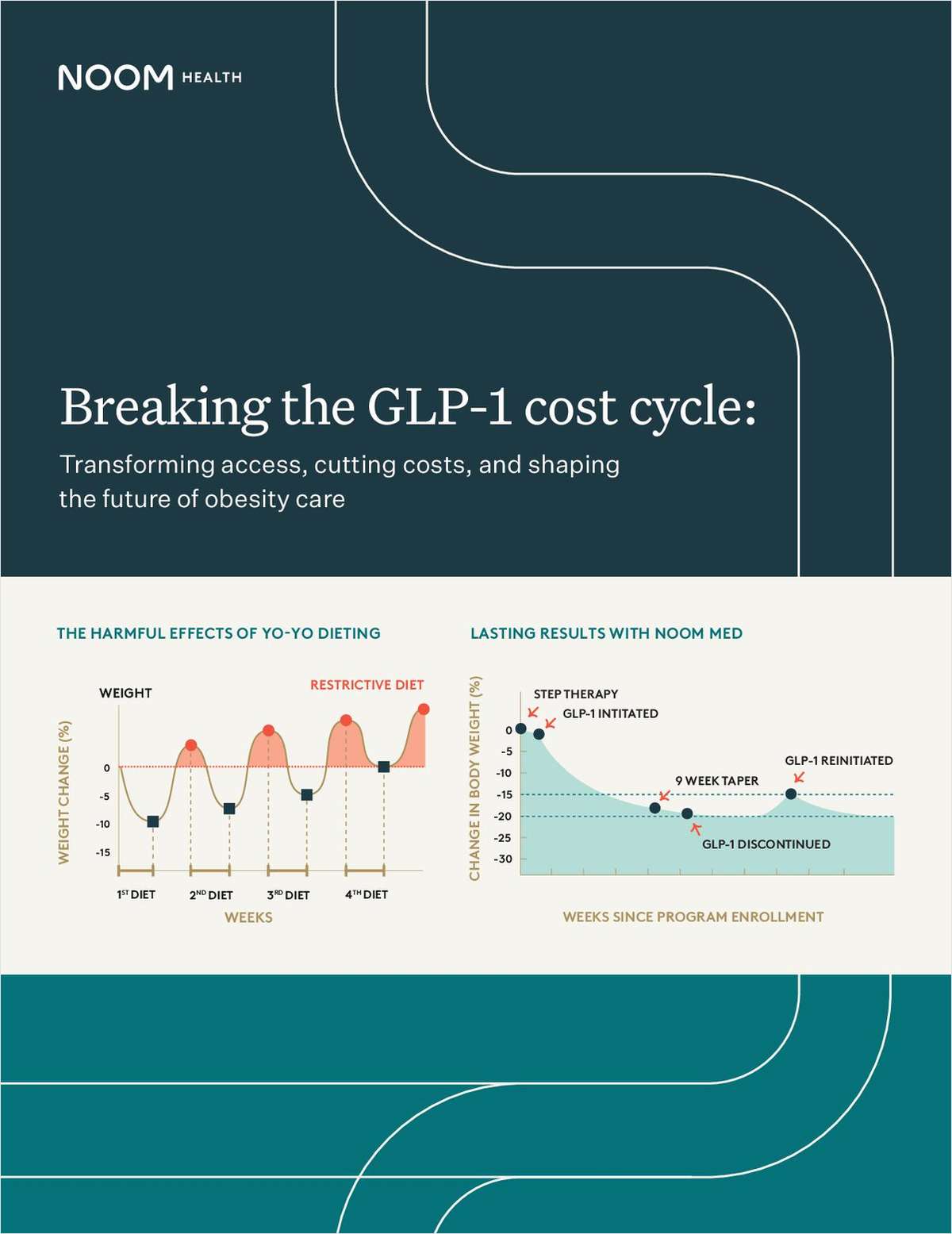A Look Ahead: Cases That Will Make News This Year
2018 is expected to a busy year in both the courts and the state Legislature as issues like legalizing recreational marijuana to whether the state's education funding formula is fair to both students in suburban schools and their urban counterparts play out.
January 03, 2018 at 03:46 PM
5 minute read

A notorious Connecticut murder, a lawsuit involving Native American tribal lands and the Nutmeg State's possible foray into the legalization of recreational marijuana are among the major themes that will play out in courtrooms this year, making 2018 a potentially historic year for the state. Evolving from well-known stories that have made headlines in past years, decades and even centuries, the following five cases promise to be newsmakers again in 2018:
The Schaghticoke Tribal Nation v. The State of Connecticut
The Schaghticoke Tribal Nation's $610 million lawsuit against Connecticut concerning 2,000 acres of reservation land appropriated by the state in the 19th century is likely to be decided this year by the Connecticut Supreme Court.
Hartford Superior Court Judge Thomas Moukawsher dismissed some of the claims made by the nation in December, but said the claimed ownership of certain mortgages would not be affected by his ruling. Moukawsher said the state has correctly argued money is not owed to the Schaghticokes, who he said never technically owned the land in question. The judge also ruled the nation had not asserted a valid claim for a violation of constitutional ownership rights.
The Schaghticokes claim the state seized more than 2,000 acres from a 2,400-acre reservation in Western Connecticut between 1801 and 1918 without making proper payment.
The tribe could decide to appeal to the state's high court, according to Austin Tighe, lead counsel for the nation.
Tighe said the Schaghticokes may still have a claim to the $610 million the tribe says it is owed. He noted that six mortgage claims are unaffected by the Moukawsher ruling, and are therefore still in play.
Sandy Hook Families Battle the Gun Manufacturers
The state's high court is expected this year to rule whether families of Sandy Hook School shooting victims may hold gunmakers liable through negligent entrustment.
During oral arguments this past November, the Connecticut Supreme Court focused on the issues of negligent entrustment and marketing efforts for the AR-15 assault rifle. The five justices who sat in on the session explored whether the AR-15 was meant to be used as a military weapon, the importance of the Protection of Lawful Commerce in Arms Act, and whether the weapon was marketed to a younger demographic. The court agreed to hear the case en banc and, though only five justices were present, all seven will hear the recorded proceedings and rule on the case.
Ten families are party to the suit, which was brought soon after Adam Lanza killed 20 students and six educators at the school in December 2012. Lanza used an AR-15 that had belonged to his mother.
Connecticut Coalition for Justice in Education Funding v. Rell
The Connecticut Supreme Court is expected this year to rule on whether the state's education funding formula is “irrational and unconstitutional” as described by a Hartford Superior Court judge.
In his September 2016 ruling, Judge Thomas Moukawsher called the funding formula unconstitutional because he said it benefited suburban schools over their urban peers. Moukawsher ordered the state to develop a new way to fund education. The state appealed Moukawsher's decision. During oral arguments before the state's high court in September, Associate Attorney General Joseph Rubin argued the lower court was attempting to create a new legal standard and that the state already provides a quality education for all students.
“The state more than meets the minimum standards and Connecticut schools already go far beyond the state's minimum,” Rubin told the Connecticut Supreme Court.
Attorney for the plaintiff Joseph Moodhe argued that the issue was about more than money, but also resources for teachers, computers and up-to-date infrastructure.
The Connecticut Coalition for Justice in Education originally brought suit on behalf of 15 students and their families in 2005.
Recreational Marijuana Use and a Possible Vote by the Connecticut Legislature in 2018
With recreational marijuana use becoming legal in California Jan. 1, some believe Connecticut will soon follow suit.
Connecticut legalized medical marijuana five years ago, but plans to legalize sales for recreational use fell through in 2017. Some pro-cannabis supporters, including Bloomfield attorney Aaron Romano, say the tide is turning.
Romano, a legal adviser to the National Organization of the Reform of Marijuana Laws, has noted that neighboring Massachusetts has already passed laws offering recreational use of marijuana, beginning this year for residents aged 21 years or older. A recent Quinnipiac University poll showed 60 percent of Connecticut residents support legalization of marijuana for recreational use.
“Since we border New York state, we have the potential to develop ancillary tourist attractions to the cannabis industry and help raise revenue to balance the budget,” Romano said.
Michael Skakel Case
The Connecticut Supreme Court is expected to rule this year on whether to reconsider its 4-3 vote reinstating Michael Skakel's conviction in the 1975 Greenwich murder of Martha Moxley.
The attorneys for Skakel, the nephew of the late Sen. Robert Kennedy's widow Ethel Kennedy, asked the high court to reconsider en banc soon after the majority decision was written by Justice Peter Zarella. Zarella stepped down the same day the decision was published in December 2016. Since that time, three new justices—Gregory D'Auria, Raheem Mullins and Maria Araujo Kahn—have joined the court.
Though the court in December 2016 reinstated Skakel's murder conviction, the ruling was a vindication of sorts for Mickey Sherman, Skakel's former attorney, who the court said “performed competently.” The high court rejected assertions by Connecticut Appellate Court Judge Thomas Bishop, who was sharply critical of Sherman's work on the case.
Skakel served part of his 20-years-to-life prison sentence but remains out of prison on bail pending his motion for reconsideration.
This content has been archived. It is available through our partners, LexisNexis® and Bloomberg Law.
To view this content, please continue to their sites.
Not a Lexis Subscriber?
Subscribe Now
Not a Bloomberg Law Subscriber?
Subscribe Now
NOT FOR REPRINT
© 2025 ALM Global, LLC, All Rights Reserved. Request academic re-use from www.copyright.com. All other uses, submit a request to [email protected]. For more information visit Asset & Logo Licensing.
You Might Like
View All
University of New Hampshire Law School Launches Specialized Health, Life Sciences Program

Federal Judge Pauses Trump Funding Freeze as Democratic AGs Launch Defensive Measure
3 minute read
Diversity Lab Alters DEI-Centered Verbiage on Mansfield Certification Website

Big Tech Is Cozying Up to President Trump. Here's Why Their Lawyers Are Cautiously Optimistic
Trending Stories
- 1Decision of the Day: Trial Court's Sidestep of 'Batson' Deprived Defendant of Challenge to Jury Discrimination
- 2Is Your Law Firm Growing Fast Enough? Scale, Consolidation and Competition
- 3Child Custody: The Dangers of 'Rules of Thumb'
- 4The Spectacle of Rudy Giuliani Returns to the SDNY
- 5Orrick Hires Longtime Weil Partner as New Head of Antitrust Litigation
Who Got The Work
J. Brugh Lower of Gibbons has entered an appearance for industrial equipment supplier Devco Corporation in a pending trademark infringement lawsuit. The suit, accusing the defendant of selling knock-off Graco products, was filed Dec. 18 in New Jersey District Court by Rivkin Radler on behalf of Graco Inc. and Graco Minnesota. The case, assigned to U.S. District Judge Zahid N. Quraishi, is 3:24-cv-11294, Graco Inc. et al v. Devco Corporation.
Who Got The Work
Rebecca Maller-Stein and Kent A. Yalowitz of Arnold & Porter Kaye Scholer have entered their appearances for Hanaco Venture Capital and its executives, Lior Prosor and David Frankel, in a pending securities lawsuit. The action, filed on Dec. 24 in New York Southern District Court by Zell, Aron & Co. on behalf of Goldeneye Advisors, accuses the defendants of negligently and fraudulently managing the plaintiff's $1 million investment. The case, assigned to U.S. District Judge Vernon S. Broderick, is 1:24-cv-09918, Goldeneye Advisors, LLC v. Hanaco Venture Capital, Ltd. et al.
Who Got The Work
Attorneys from A&O Shearman has stepped in as defense counsel for Toronto-Dominion Bank and other defendants in a pending securities class action. The suit, filed Dec. 11 in New York Southern District Court by Bleichmar Fonti & Auld, accuses the defendants of concealing the bank's 'pervasive' deficiencies in regards to its compliance with the Bank Secrecy Act and the quality of its anti-money laundering controls. The case, assigned to U.S. District Judge Arun Subramanian, is 1:24-cv-09445, Gonzalez v. The Toronto-Dominion Bank et al.
Who Got The Work
Crown Castle International, a Pennsylvania company providing shared communications infrastructure, has turned to Luke D. Wolf of Gordon Rees Scully Mansukhani to fend off a pending breach-of-contract lawsuit. The court action, filed Nov. 25 in Michigan Eastern District Court by Hooper Hathaway PC on behalf of The Town Residences LLC, accuses Crown Castle of failing to transfer approximately $30,000 in utility payments from T-Mobile in breach of a roof-top lease and assignment agreement. The case, assigned to U.S. District Judge Susan K. Declercq, is 2:24-cv-13131, The Town Residences LLC v. T-Mobile US, Inc. et al.
Who Got The Work
Wilfred P. Coronato and Daniel M. Schwartz of McCarter & English have stepped in as defense counsel to Electrolux Home Products Inc. in a pending product liability lawsuit. The court action, filed Nov. 26 in New York Eastern District Court by Poulos Lopiccolo PC and Nagel Rice LLP on behalf of David Stern, alleges that the defendant's refrigerators’ drawers and shelving repeatedly break and fall apart within months after purchase. The case, assigned to U.S. District Judge Joan M. Azrack, is 2:24-cv-08204, Stern v. Electrolux Home Products, Inc.
Featured Firms
Law Offices of Gary Martin Hays & Associates, P.C.
(470) 294-1674
Law Offices of Mark E. Salomone
(857) 444-6468
Smith & Hassler
(713) 739-1250










